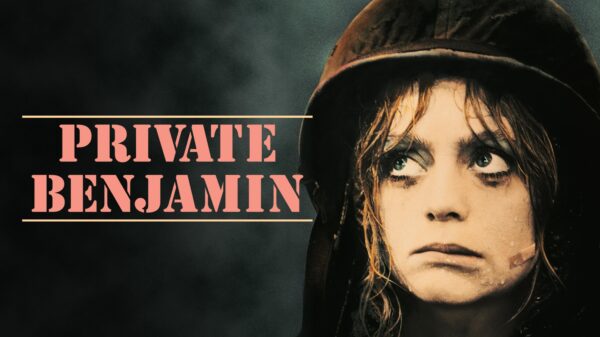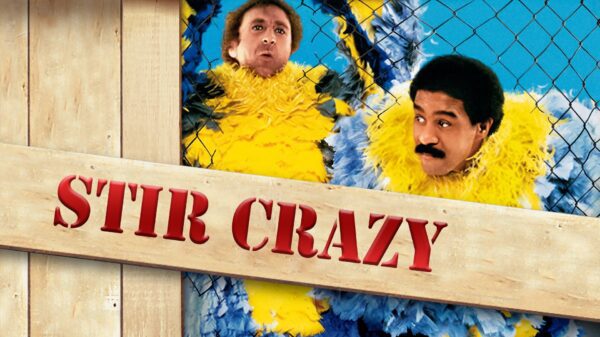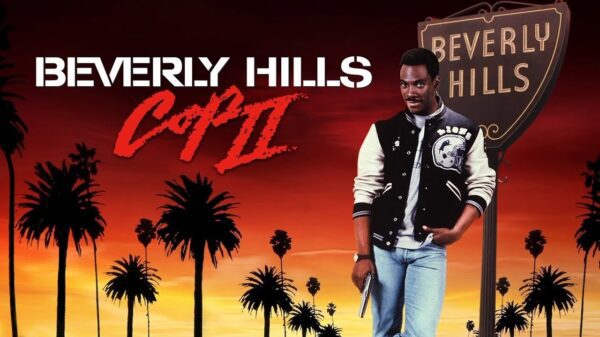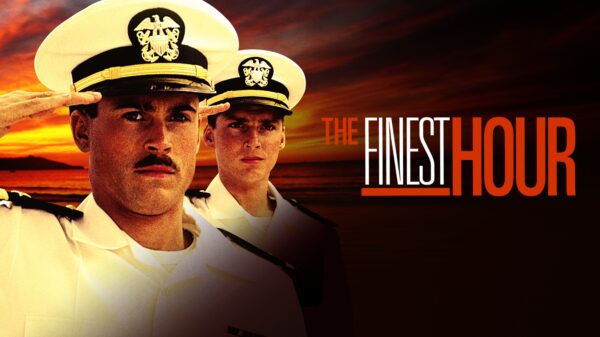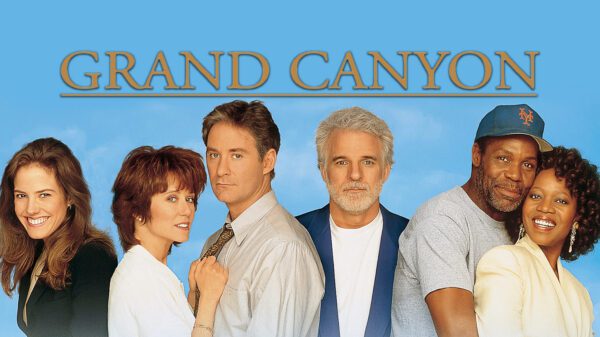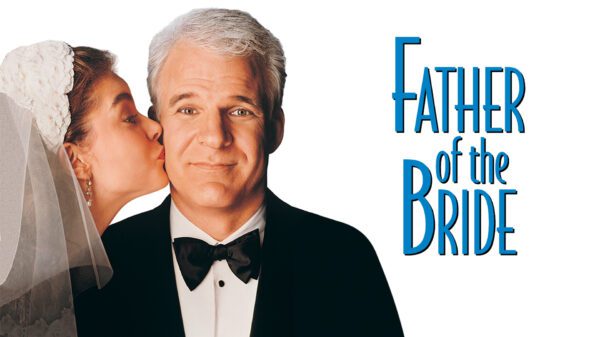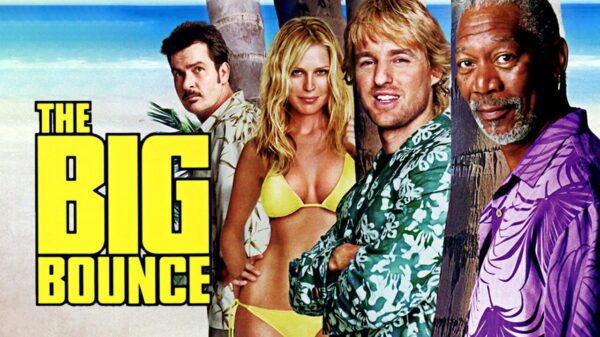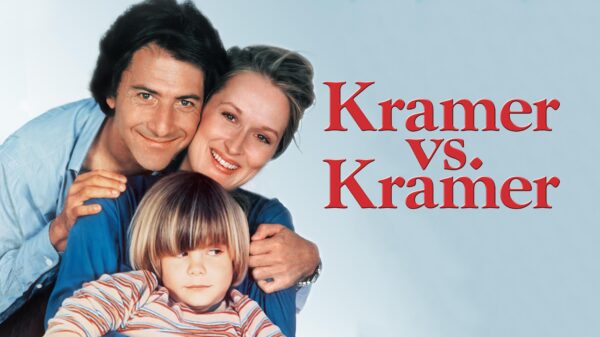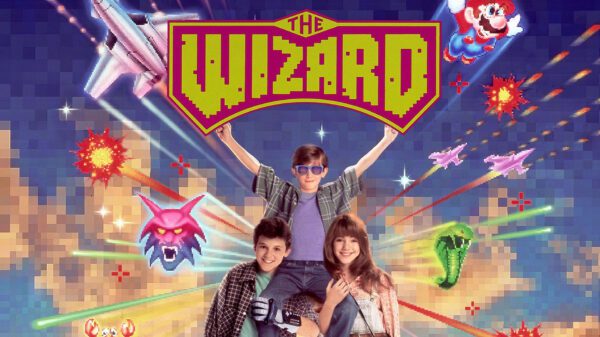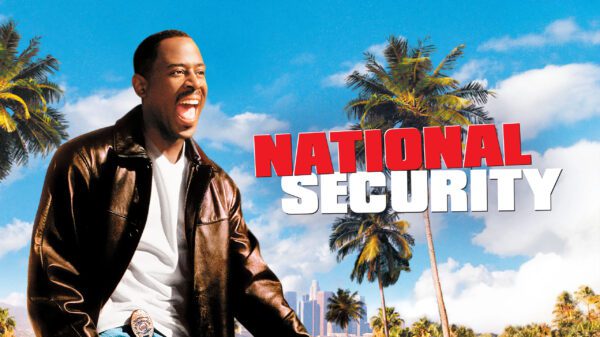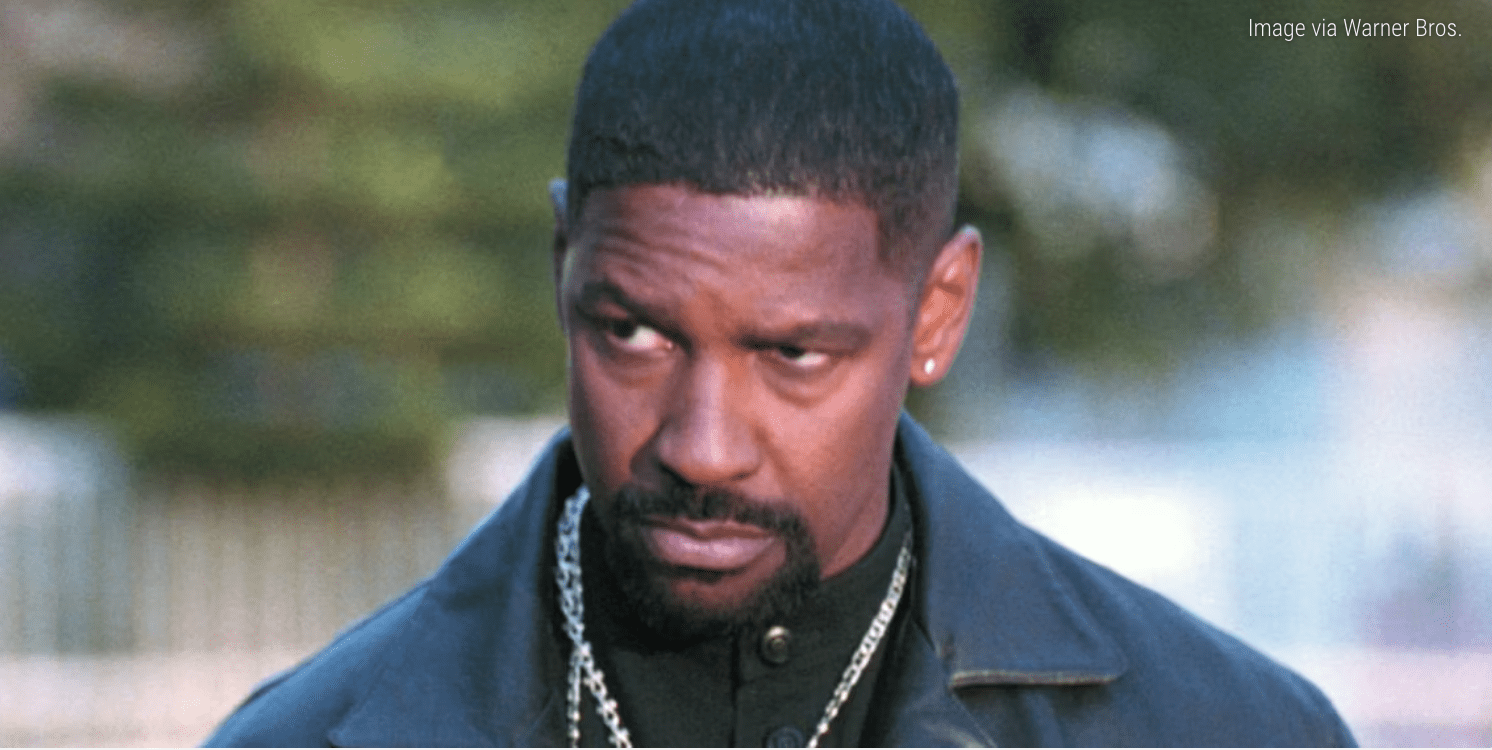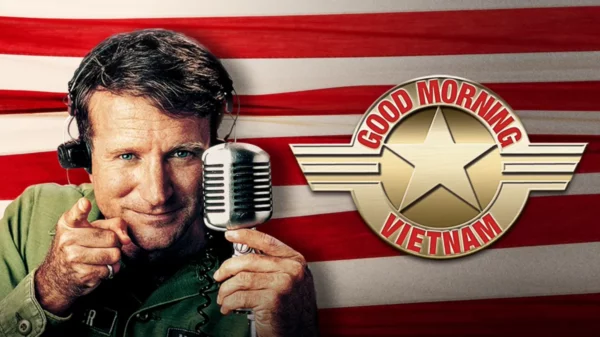Steven Spielberg‘s science fiction thriller Minority Report, released in theaters on June 21, 2002, is a tour de force, seamlessly blending high-octane action with profound philosophical questions about free will, destiny, and the ethics of a surveillance society. The film is a visually stunning and intellectually stimulating ride that remains chillingly relevant.
The story is set in Washington D.C. in 2054, where a specialized police unit called PreCrime has virtually eliminated murder. They achieve this by using three psychics, known as “precogs,” who can foresee future murders. Chief John Anderton (Tom Cruise) is the unit’s dedicated leader, driven by a personal tragedy.
However, his world is shattered when the precogs identify him as the perpetrator of a future murder.
Convinced he’s being framed, Anderton goes on the run, hunted by his former colleagues, including the ambitious federal agent Danny Witwer (Colin Farrell). As he desperately tries to unravel the conspiracy and prove his innocence before the predicted crime occurs, Anderton delves into the very core of the PreCrime system, uncovering dark secrets that challenge the foundation of “perfect” justice.
Cruise delivers an electrifying and physically demanding performance as Anderton. He perfectly conveys the character’s desperation, relentless drive, and the emotional toll of his past.
Farrell is excellent as Witwer, providing a compelling and often morally ambiguous foil to Anderton, adding a sharp investigative dynamic.
Max von Sydow is commanding and unsettling as Director Lamar Burgess, the creator and patriarch of PreCrime, whose wisdom hides deeper complexities.
Samantha Morton gives a truly haunting and impactful performance as Agatha, the most powerful of the precogs, conveying deep emotion and crucial insights through limited dialogue.
Neal McDonough and Frank Grillo provide solid support as members of the PreCrime team.
Spielberg’s direction is masterful, creating a richly detailed and believable futuristic world. The visual effects are groundbreaking, from the fluid interactive screens to the futuristic vehicles and “spiders” that scan eyes, all enhancing the film’s immersive quality. Spielberg balances the exhilarating action sequences (such as the unforgettable factory chase and the maglev car pursuit) with moments of quiet tension and intellectual debate.
The screenplay, by Scott Frank and Jon Cohen (based on Philip K. Dick’s short story), is incredibly intricate and thought-provoking, constantly questioning the nature of justice, privacy, and the sacrifices made for perceived security.
Minority Report was first optioned in 1992 by Carolco as a sequel to another Dick adaptation, Total Recall (1990), with Arnold Schwarzenegger set to reprise his leading role.
There was also a TV series that aired on FOX in the fall of 2015 that was a sequel adaptation of the film.

Tom Cruise in Minority Report (Photo/20th Century Fox)
Reception for Minority Report
Minority Report grossed $35.7 million on its opening weekend, finishing No. 1 at the box office.
The film would gross $358.4 million worldwide.
Roger Ebert gave the film four out of four stars in his review.
Legacy
Minority Report is a visionary and electrifying sci-fi thriller that works on multiple levels: as a gripping action film, a clever mystery, and a profound exploration of timeless ethical dilemmas. It’s a testament to its brilliant concept, stunning execution, and exceptional performances, proving that even in a world striving for perfection, human flaws and free will ultimately prevail.

